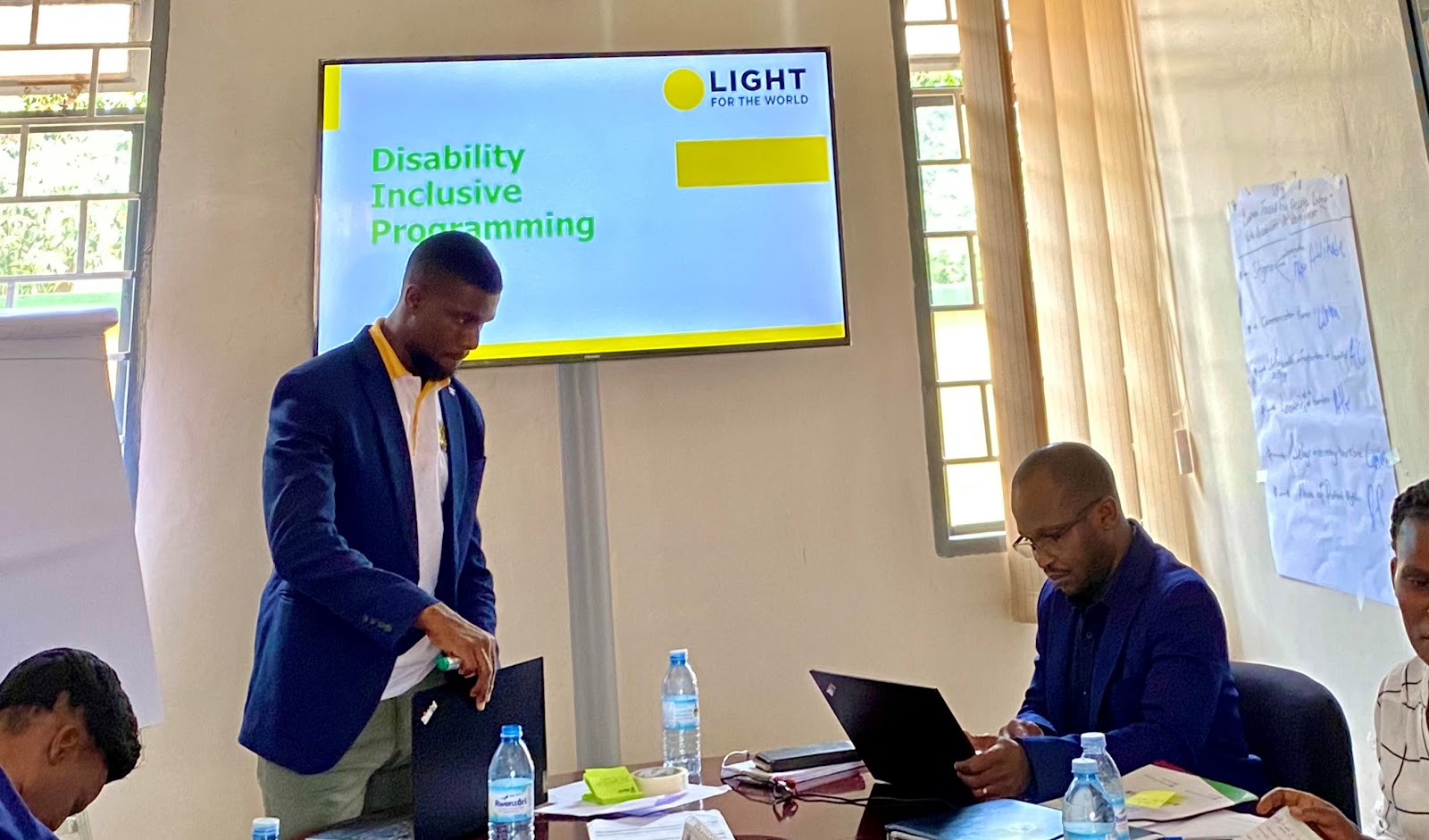"If your own don't protect you, the world won't". The Relevancy of Self Advocacy For People with Disabilities
While we may rely on the support and protection of others, ultimately, it is up to us to ensure that we are safe and secure. The statement "if your own don't protect you, the world won't" highlights the importance of taking responsibility for our own well-being and safety.
In this context,
the statement "if your own don't protect you, the world won't" takes
on added significance. For individuals with disabilities, this means that it is
essential to advocate for their own needs and rights, while also recognizing
the importance of broader social and policy-level change.
While
progress has been made in recent years to promote disability inclusion, there
is still much work to be done. According to the World Health Organization
(WHO), people with disabilities are more likely to experience poverty, social
exclusion, and discrimination than those without disabilities. This can be
especially true when it comes to employment, where individuals with
disabilities may face significant barriers to finding and maintaining work.
One of the
key challenges is that many workplaces are not designed with the needs of
individuals with disabilities in mind. This can make it difficult for
individuals with disabilities to access the physical environment, communicate
with colleagues and clients, and perform the essential functions of their job. This
can lead to economic insecurity, poverty, and social isolation.
To address
these challenges, it is essential for individuals with disabilities to take an
active role in advocating for their own needs and rights. This may involve
seeking out accessible employment opportunities, advocating for workplace
accommodations, and building networks and relationships that can support their
professional development.
At the same
time, it is also essential for the world to step in and provide support and
protection. This may involve policy-level interventions, such as
disability-inclusive employment legislation, or community-based initiatives
that promote inclusive hiring practices.
For example,
in India, the National Centre for Promotion of Employment for Disabled People
(NCPEDP) has been working to promote disability-inclusive employment practices
across a range of sectors. The organization has partnered with companies to
develop disability-friendly policies and practices, and has also advocated for
changes to national policy to promote greater inclusion.
For people
with disabilities, Advocating for their own needs and rights is essential to
ensure that they have equal opportunities to succeed and thrive in their
personal and professional lives. Here are some ways individuals with
disabilities can advocate for their own needs and rights:
1.
Know
your rights: Individuals with disabilities should educate themselves on their
rights under disability rights laws and policies. This knowledge can help them
to advocate effectively for their needs and rights, including requesting
accommodations and addressing discrimination.
2.
Speak
up: Individuals with disabilities should not be afraid to speak up about their
needs and rights. This may involve discussing their needs with employers,
educators, or service providers, or raising concerns about discriminatory
practices.
3.
Build
a support network: It can be helpful for individuals with disabilities to build
a network of allies and supporters who can help them to advocate for their
needs and rights. This may include disability organizations, advocates, or
family members and friends who are knowledgeable about disability issues.
4.
Seek
out accessible employment opportunities: Individuals with disabilities can seek
out employment opportunities that are accessible and inclusive. This may
involve researching companies and organizations that have a track record of
hiring individuals with disabilities, or networking with other individuals with
disabilities to learn about job opportunities.
5.
Request
accommodations: Individuals with disabilities can request reasonable accommodations
in the workplace, in school, or in other settings to help them to perform their
job or participate in activities on an equal basis with others. This may
include accommodations such as assistive technology, modified work schedules,
or accessible transportation.
6.
Advocate
for policy change: Individuals with disabilities can also advocate for broader
policy changes to promote disability inclusion and rights. This may involve
contacting legislators or policymakers to advocate for disability-inclusive policies
or participating in community-based advocacy efforts.
By taking
these steps, individuals with disabilities can effectively advocate for their
own needs and rights and create more inclusive and equitable communities.
At the same
time, it is also important for the world to step in and provide support and
protection. This can take many forms, from policy-level interventions to
community-based initiatives. For example, in some countries,
disability-inclusive employment legislation requires employers to provide
accommodations and create more inclusive work environments. This can help to
level the playing field for individuals with disabilities and promote greater
economic security and independence.
Written by:
Godfrey Nanyenya




Comments
Post a Comment